[Horror In The Eyes] = "Lovecraftian Horrortale" = Horrortale + "The Lurking Fear"
Asgore: The last leader of monster civilization, fearing the glory of human exploration, he led his own civilization down a path of racial segregation and isolation, ultimately sacrificing the civilization and wisdom cultivated over the years, all the fruits of their pride. From refusing to communicate to inbreeding, and finally, in just a few generations, descending to cannibalism, this headstrong monarch personally wrote the tragic end of monsterkin. According to Aliza, Frisk once revealed a part of his journey to her: in the twilight of sanity, the desperate descendants pieced together an obscure rumor in their broken language - if they sacrificed the lives of seven humans, they could escape the molehill-like cave and glimpse the glory of the past. If they allowed a human to merge with them, they could regain freedom from the endless fratricide. This absurd fanaticism forced him to fight to the death to kill the king who was driven mad by a century of exile, and escape the ugly scar of the earth in the chaos - even though the beasts frenzied in the thunder could withdraw from this degenerate farce at any time.
Asriel: Recorded in local chronicles and legends of the mountainous region near Albany, he was the last monster boy to leave the mansion. He was also the noble son of the Dreemurr family. He broke with his eccentric family's norm and reconnected with the world outside. He answered the call of the colonial army and became a soldier fighting for humanity, spending six years on the battlefield. The surviving letters he exchanged with his friends reveal that this rebellious young man, driven by a primal restlessness within his fading bloodline, longed to witness true life-or-death combat. He despised the cowardly resistance of his fathers and his own race, describing it as the folly of capitulation. His radical yet cold words toward monsters were enough to shock humanity, as if Darwin's dire prophecy had already come true, his savage bloodlust passed down to his offspring through the ominous inbred blood. The young man saw killing or being killed as the only truth in the world. Anyone who rejected this brutal order of the jungle was merely a meaningless pretense. In other words, even if the monsters chose to accept human expansionism, his judgment of his fathers would remain unchanged. Fortunately, he met a close friend in the army who could confide in him and teach him the voice of civilization: the army's accompanying doctor, Chara Gifford. This well-educated young man became the first to touch the soft corners of his heart, ultimately changing his life. He patiently coaxed him into awakening his dormant intellect and compassion. It was also under his guidance that the young man learned to relieve his distress through letter writing. The two parted ways at the end of the battlefield, but maintained correspondence through correspondence. Upon returning home, however, determined to embrace his ancestors, the young man was shocked to discover that the disease of apathy had further infected the decaying tribe. Hatred of those who were different even transcended the barrier of blood, refusing to accept even his own offspring. This horrific isolation awakened a deep fear in the young man. In subsequent letters, he repeatedly expressed his desire to escape his family, the last of which even detailed his plans. However, when Gifford, bewildered by the loss of contact, visited the dilapidated mansion, the residents, covered in signs of decay, claimed he had died a year earlier from a lightning strike and had been buried. Had it not been for the doctor's inquisitive spirit that urged him to exhume the grave, this terrifying legend would likely remain untold among the mountains.
Chara: This well-educated young man possessed both a delicate and gentle compassion and a resolute determination to pursue his ideas. His youth was filled with hope and dreams—even leading him to optimistically believe that the demise of monster civilization was merely a passing coincidence. This hope fueled his ambition to help others. After graduating from Albany's prestigious medical school, he passionately joined the Colonial Army. Witnessing the brutal geopolitical game played only among humans, he realized the true meaning of saving his compatriots. With his healed hands, he once again took up arms, realizing the same fate awaited the monsters, a fate he saw as the most egregious betrayal of his dreams. Those struggling years left him in constant fear until the arrival of new recruits from distant Mount Ibott awoke him from his trance—the last glimmer of hope for monster civilization. Though he was a difficult and unruly member of the barracks, his stubborn character making it difficult for him to integrate, Chara embraced him without hesitation, braving unbearable hostility to reach his heart—a path he described as his final path to redemption. A surge of compensatory desire led Chara to respond to Asriel's cold stares and scratches with the gentlest of teachings—as if his alien status could briefly distance him from the fratricide, allowing him to reflect on his journey with a more understanding perspective. This effort ultimately paid off, as two hands, shaped differently, finally clasped together. The two men completed their six years of service side by side, agreeing to keep in touch through letters. However, the remaining monsters showed no gratitude for the doctor's friendship. When Chara anxiously arrived at the boy's hometown, he was met with the cold gazes of the shrunken brood and the news of his friend's death—a thunderstorm had claimed his life the year before. After shock and grief, skepticism replaced his chaotic thoughts. A shovel dug up the hastily buried, wordless monument, revealing a severely damaged skull that confirmed his suspicions. The pitiful yet gentle young man could only protest by accusing the monsters of their atrocities in court. However, the blood-soaked mob was clearly too far removed from the civilized world, and the accusation ultimately became a terrifying legend in the mountainous region, a legend that only severed the last traces of human trade with them and deepened their self-isolation. The mob murder case came to nothing, and the remains of his own sympathy for the race were covered with the final dust. I cannot fathom his feelings at the time, but the mountain villagers later recorded a middle-aged man wandering aimlessly through the wilderness. One afternoon, under rolling dark clouds, the staggering figure disappeared down the steep slope of the hill—people said he had broken his leg and died of illness.
Frisk: Aliza wasn't the first to journey to Mount Ebott to investigate the lurking horrors. Before her, a young reporter with an equally tenacious will had pieced together a theory based on clues from local chronicles and folklore, and had finally come up with a theory. She had journeyed into the mountain's sinister molehills, spending days and nights trapped in endless darkness and a gray tide. Only then did Aliza find him, nearly dead, among the bushes on the cliff face, bringing their torturous pilgrimage to a close. The two of them recuperated in a village below the mountain, where Frisk gradually regained his mobility. However, until he fully recovered, he could only piece together fragments of the truth with Aliza through vague words. They agreed to record and exchange their information in writing upon their recovery. It was not until late one night with a thunderstorm that Frisk was finally able to stand up with difficulty. The two of them immediately immersed themselves in exchanging information. It was an unbearable night burned by the fire of seeking truth. The strong sleepiness roared and threatened to drown them several times, so Frisk suggested opening the window for ventilation. Aliza staggered in the cold wind mixed with raindrops, and her tiredness immediately dissipated. She looked at the figure of the reporter illuminated by the lightning by the window and called out to him to close the window as soon as possible. However, there was no response. She stood up to grab the young man's shoulders, but the stiff body fell to his knees with a bang - Frisk's face was now only a dark red bloody hole, and the hollowed-out head emitted a shrill echo of the cold wind. Aliza lost the last support of this expedition and once again missed the remaining fragments of the truth. Until she saw the thing at the edge of the molehill and then roared and set off on the same path as the reporter, she almost lost the heart to continue investigating this mountain nightmare - the thing was only slightly larger than the palm of a hand, like a crumpled and discarded rag, shriveled, smelly, surrounded by mosquitoes and flies, seemingly insignificant, but the girl recognized the most terrifying feature of it at a glance: she had seen that thing before, the thing that she had lost a few days ago, the thing that she had remembered in her heart before - it was Frisk's dug-out face.
Gaster: The Egyptologist assigned to my department by the city government to assist me with archiving data on Mount Ebott is a tall, gaunt, and strangely mute man. His ensemble, clad in the heavy, ancient alchemist's attire, exudes an undeniable elegance. Beneath a pagan sun and moon mask crafted from an unknown metal, his piercing green eyes hold a subtle hint of amusement. He arrives here, seemingly filled with a surge of enthusiasm. His withered yet nimble fingers, clad in black gemstone-encrusted gloves, actively engage with me in sign language and writing. He uses collected historical materials and ethnographic records to fill in gaps in existing records, and occasionally introduces absurd local legends to diversify our thinking and better fill in the gaps in the subjective logic of the individuals involved. When we finally finished summarizing Aliza's confession, he enthusiastically told me a crazy story he had collected during his travels in the United States, which may be related to what happened at Mount Ebott. Although its absurdity greatly reduces its credibility, considering the value this document may bring to the field of monster folklore, I will present its general content here for readers' reference without making any judgment on its authenticity.
This is a rumor still circulated by some pagans today: before the baptism of time on this blue planet we live on, in the childhood of Earth's gods, the Great Will from the distant, boundless void sent its messenger—the soul of the blind, barbarian god that wriggled and danced in the formless temple of Chaos. He took the form of the gods we know, walking on the land that would one day give birth to us. He watched over the gods of Earth, so feeble in the boundless universe, and over the next eons, he bestowed his revelations upon every civilization. Among medieval Arabs and modern Native Americans, elders would call him "Nyarlathotep" in trembling voices. In the once-thriving monster civilization, this name was replaced by a simple string of syllables: "W. D. Gaster"—a pseudonym that Mr. Gaster, who showed a keen interest in this strange story, adopted as his own. In those vague records, during the ambiguous years between human and monster civilization, he once displayed his supreme power to the monsters, presenting them with a magical, blue-yellow glittering orb. Legend has it that if they look out through its translucent crystal, they can see the answers to all their questions. With the refraction of the crystal, the vision will penetrate all the years of the past and future and every inch of land born in the universe, bringing them all revelations. The driving force behind the rapid development of human modern history is also the covetousness of these powerful people who support wizards for this favor. This enthusiasm eventually turned into the expansion of the land and the war between humans and monsters, and its ending was the self-exile of the Dreemurr family, the last monster force under human pressure. Mr. Gaster attributed the lack of this history recorded in any of the two civilizations' official histories to the inherent weakness of both humans and monsters. Afterward, all who glimpsed the scene illuminated by it were driven to madness, ultimately controlled by their mad thoughts and committing unimaginable atrocities. Their heinousness was taboo, and the spread of the scandal forced them to keep it secret from their curious descendants. As a result, the story was lost at an unimaginable speed. Subsequently, bearing a curse on the abominable evil god, monster civilization began to decline in the face of the growing power of humanity, and increasingly tense living conditions exacerbated the disappearance of the legend. Meanwhile, the orb continued to circulate in one blasphemous ritual after another, bringing new madness before being discarded elsewhere. According to one theory, it was last seen by a little-known predecessor of Alphys, the last royal scientist of the monsters. He attempted to use the orb to power their final stronghold, and then, seemingly under its influence, committed a horrific act against a monster colleague in his lab, then used the completed power supply device to kill himself. That colleague, grotesquely injured, soon followed the monsters into hiding in the dark molehill. Therefore, the eye that brought disaster—that's how Gaster called the orb—maybe it still lies buried beneath the mountain, destroyed by our bombardment.
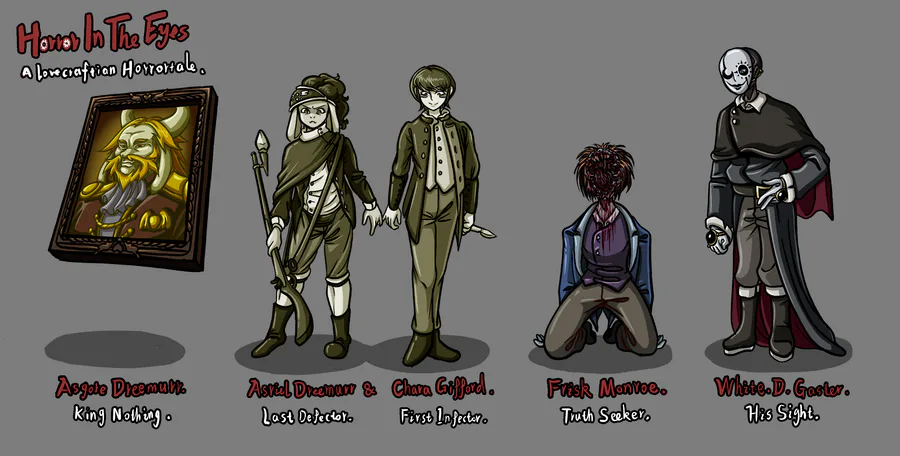
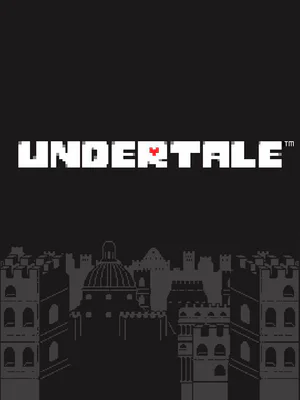



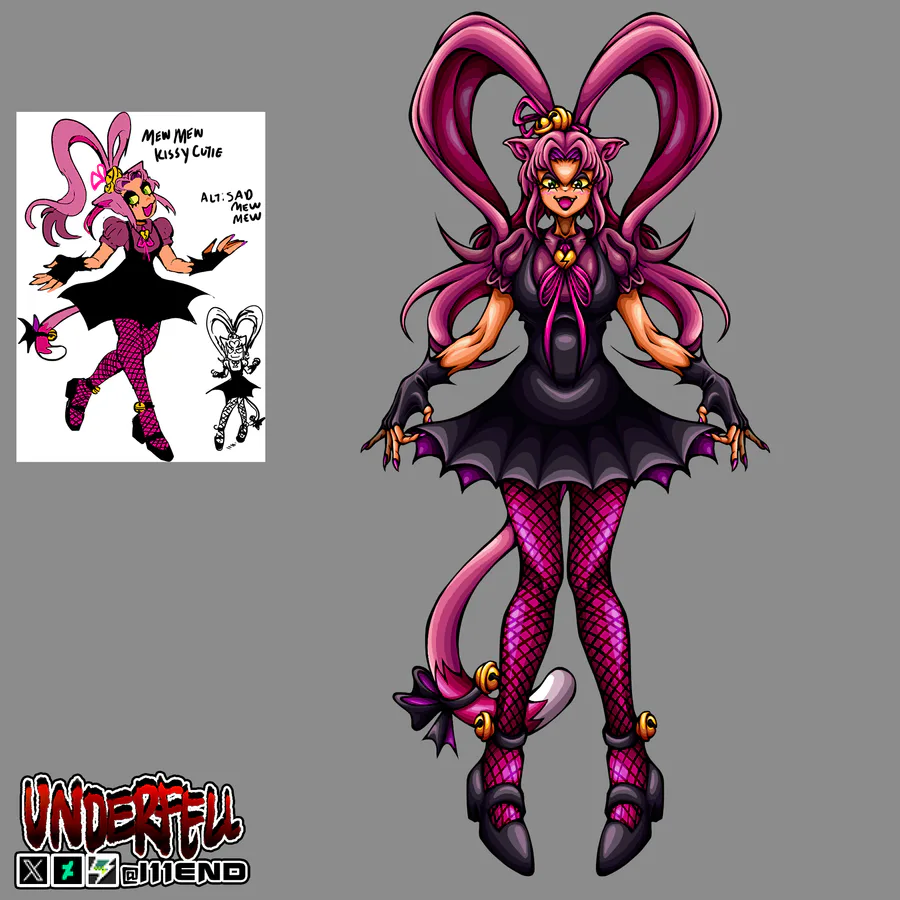
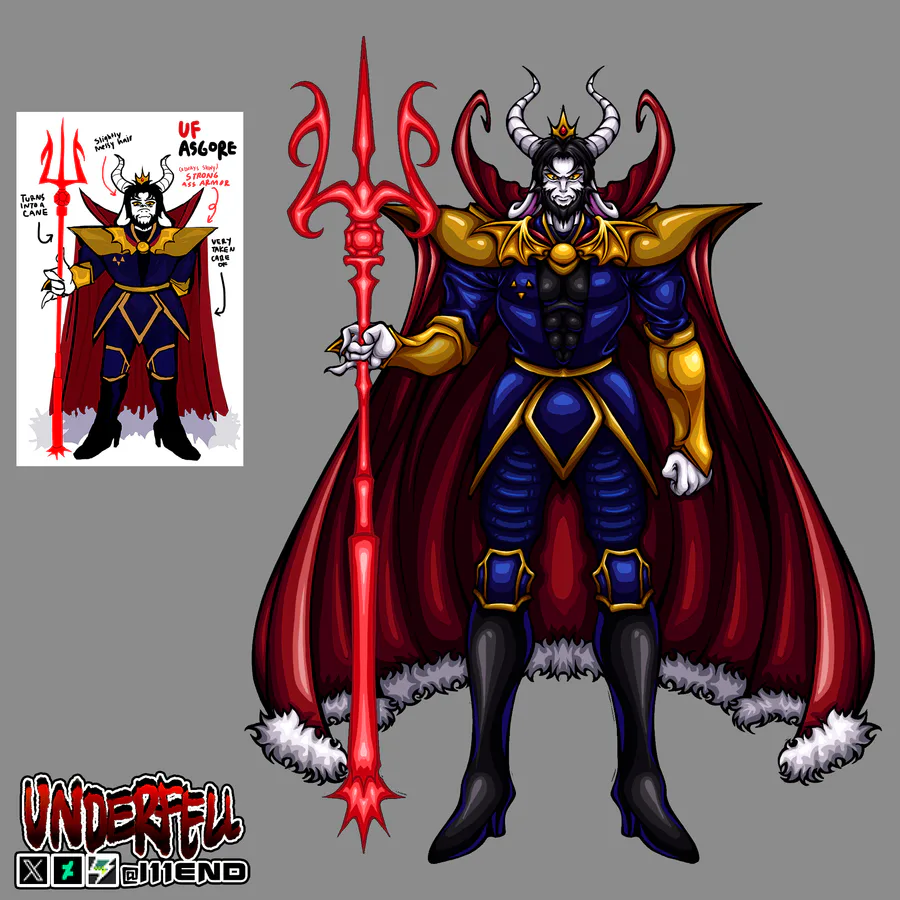
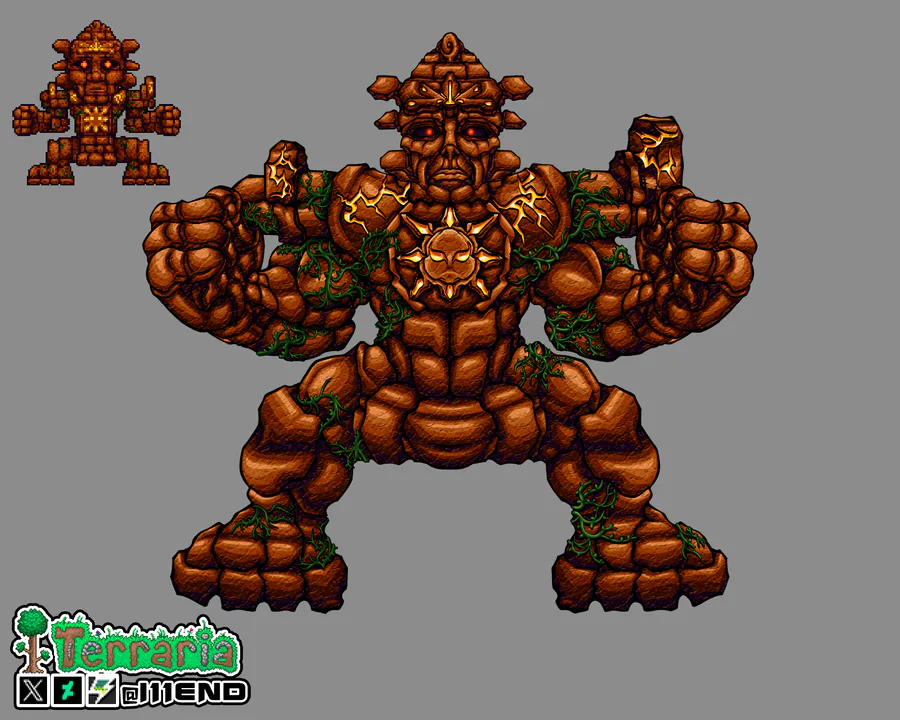
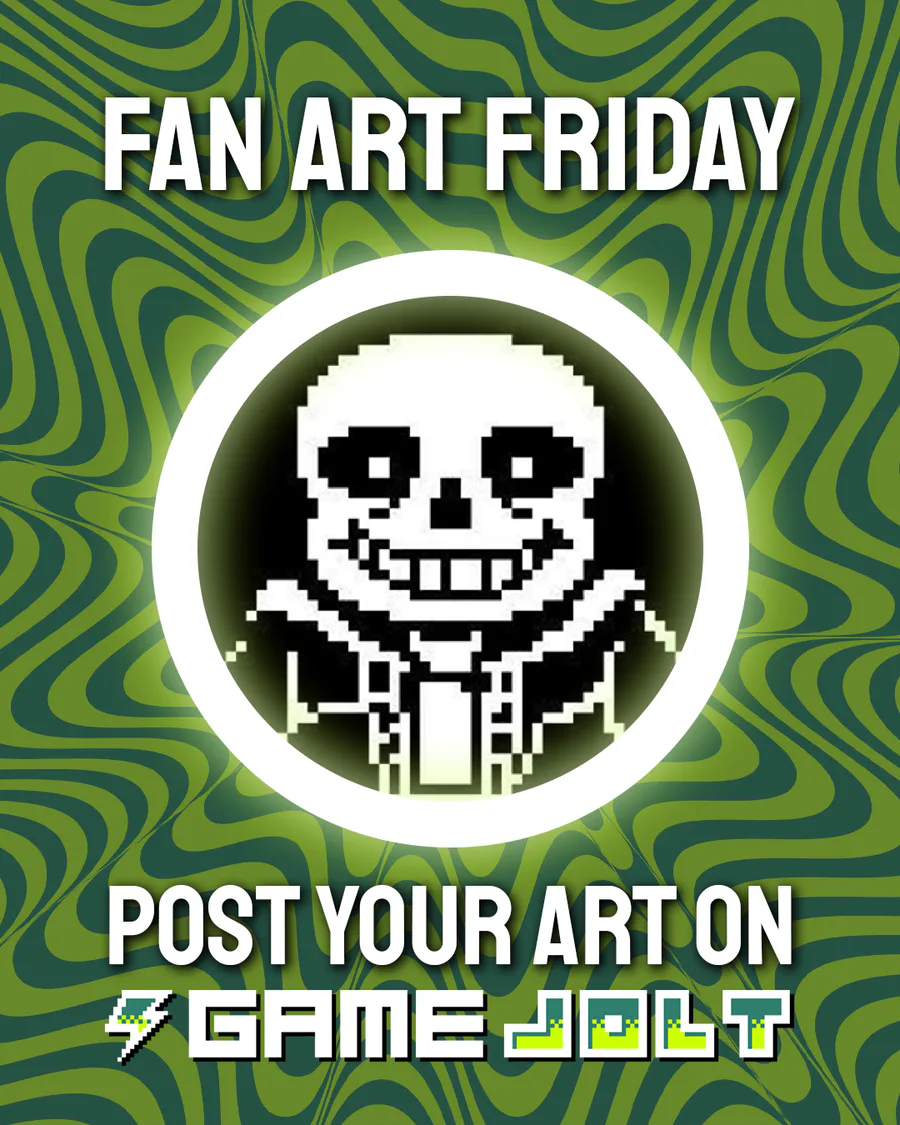
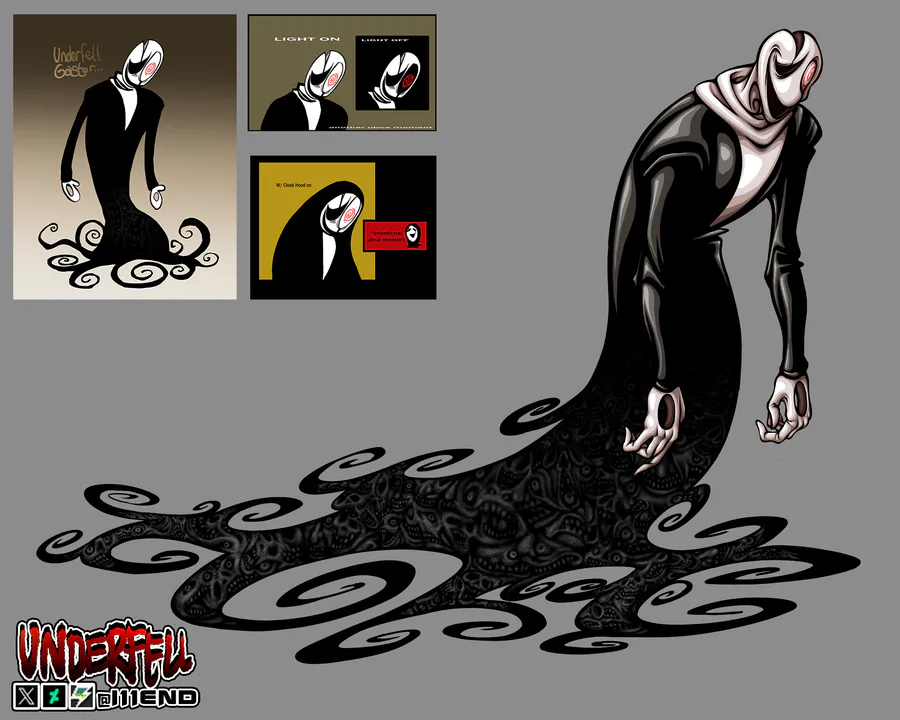
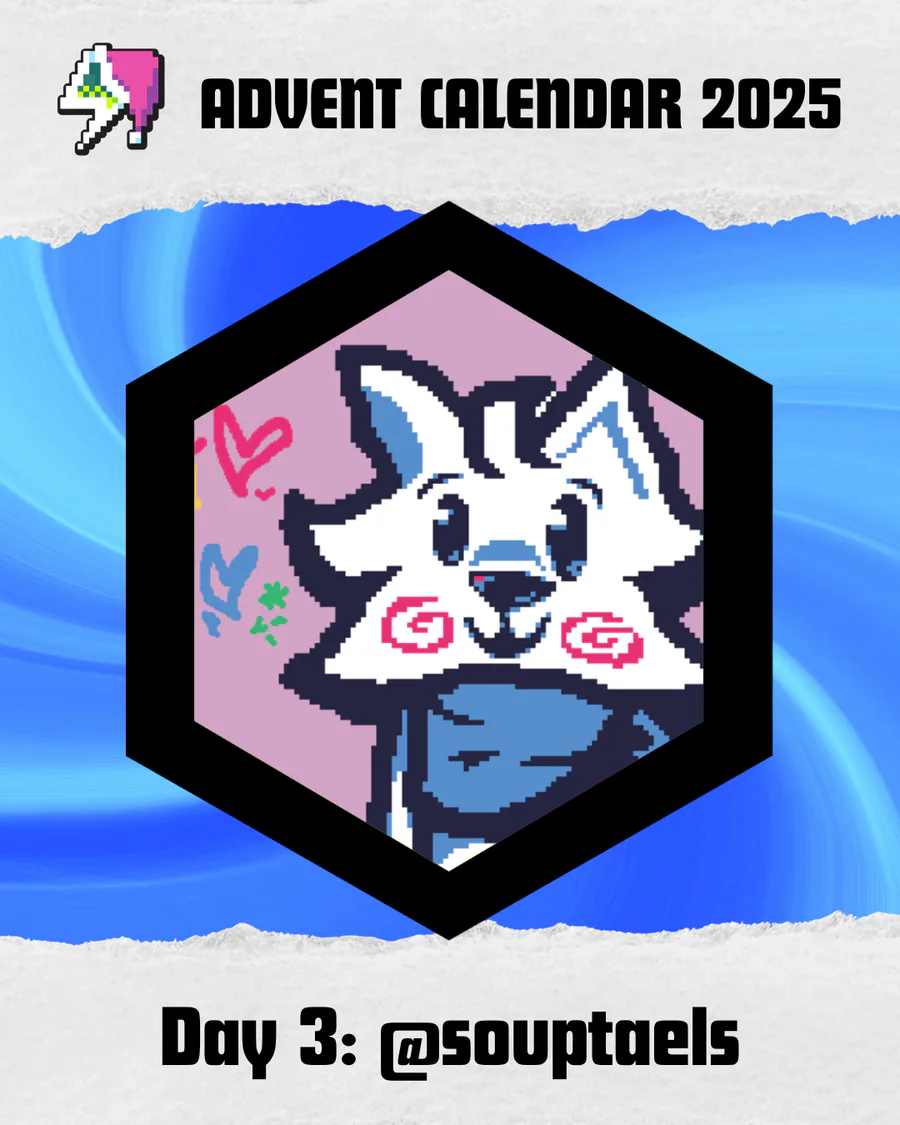
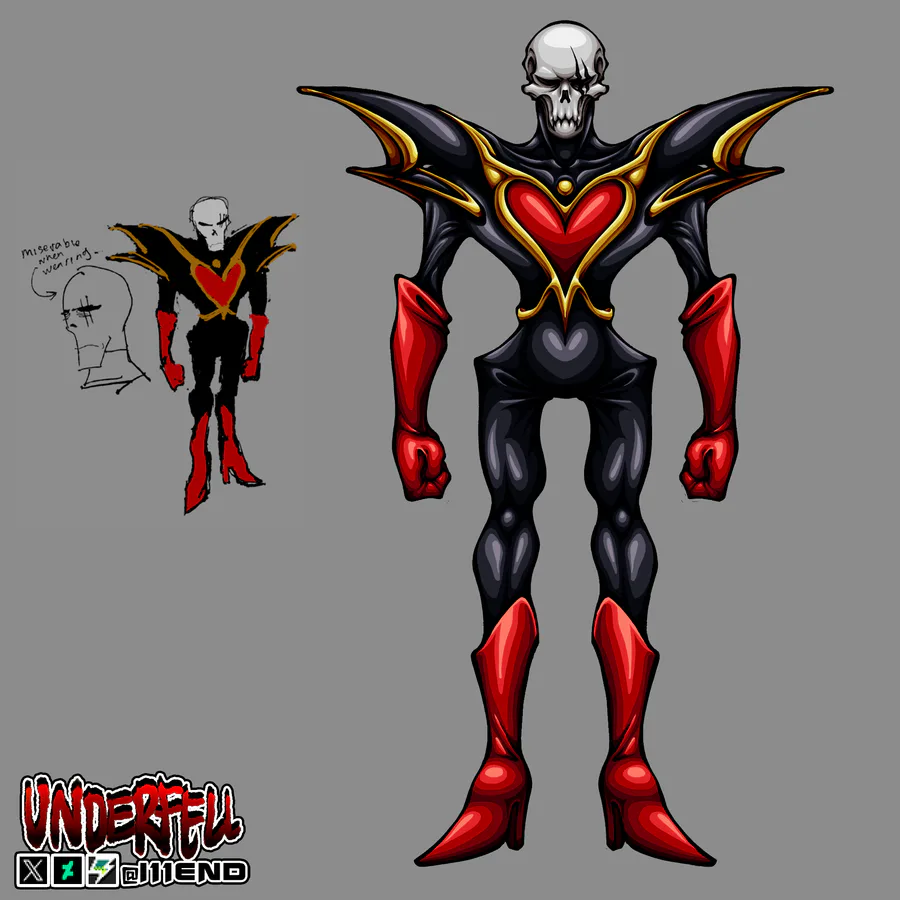
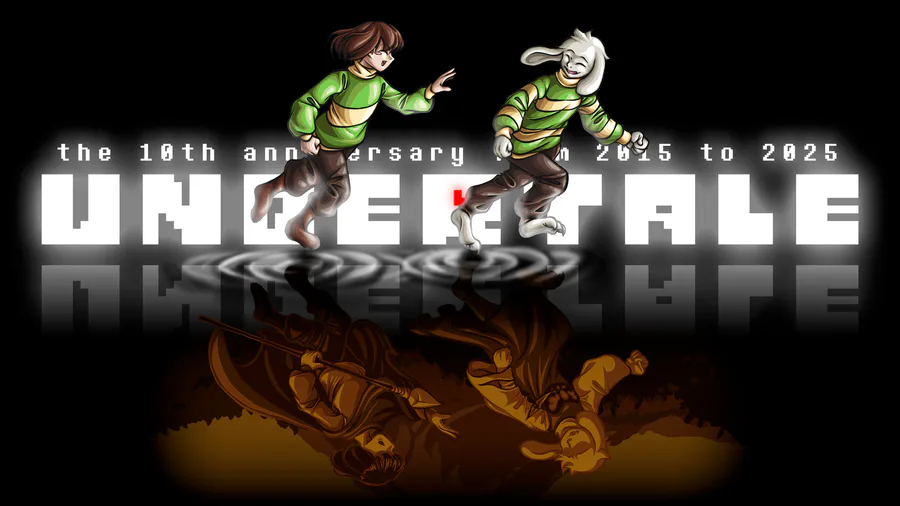
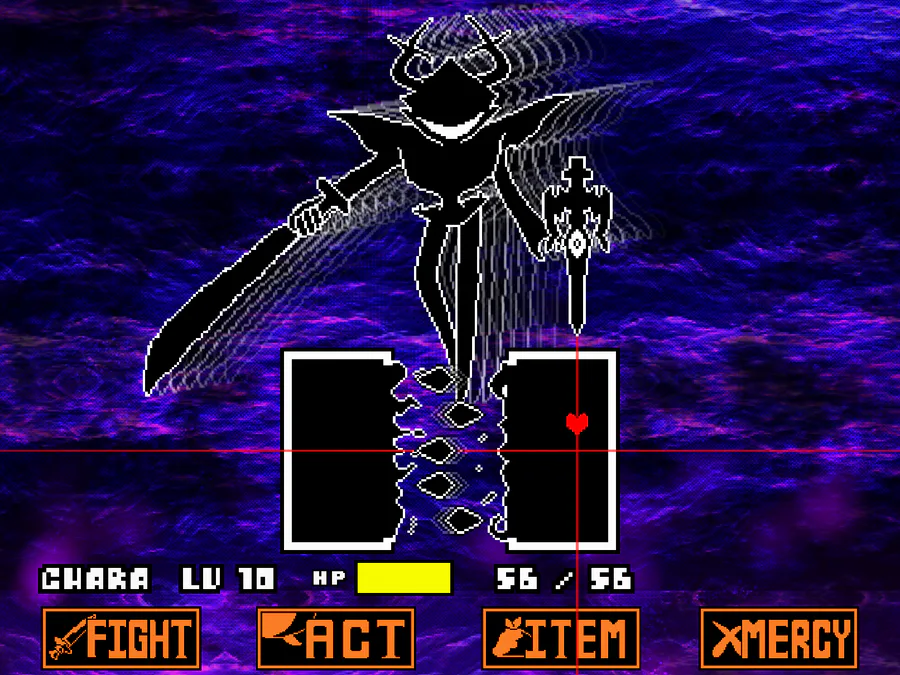
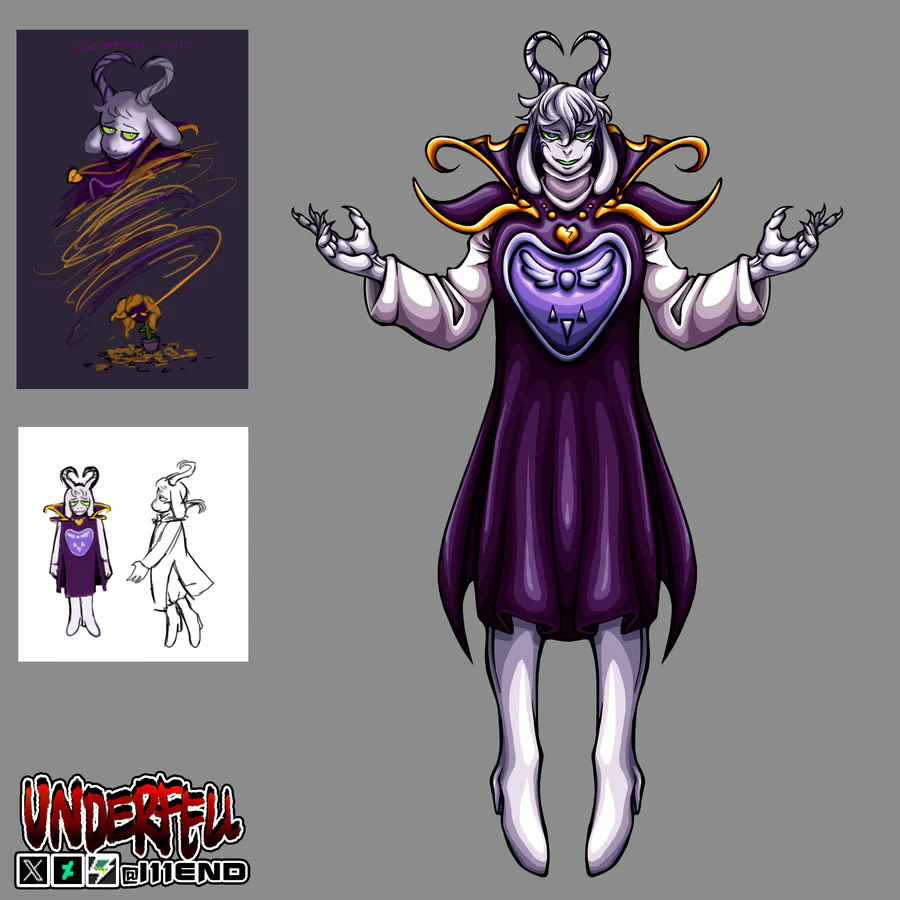
6 comments